The delegate highly appreciated the process of development, reception and explanation of the Government and the drafting agency ( Ministry of Natural Resources and Environment ). According to the delegate, the draft law submitted to the National Assembly at the 5th session has received many opinions from the people, experts, scientists, National Assembly deputies speaking at the 4th session and the Conference of full-time National Assembly deputies.
Regarding the content of religious land in the draft Law on Land (amended), it is stipulated that "religious land includes land for building worship facilities, headquarters of religious organizations, affiliated religious organizations and other suitable religious works". However, this concept needs to be reviewed and clarified on the following two issues: Firstly, the Law on Belief and Religion 2016 and the draft Law on Land (amended) this time do not have the concept of worship facilities, so there will be no legal basis to determine religious land according to the approach of land for building worship facilities stipulated in the draft Law on Land.
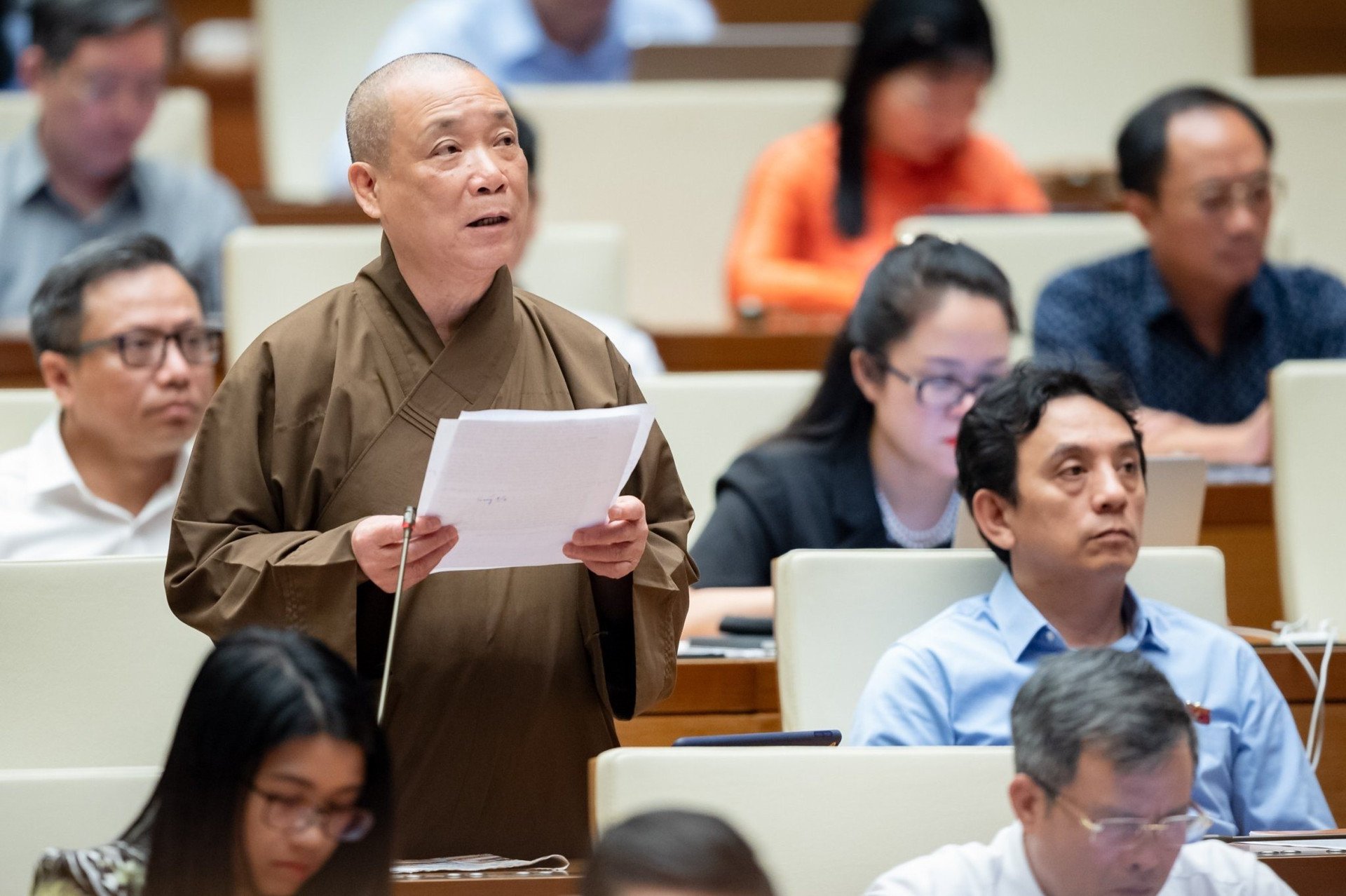
Therefore, the Delegate proposed to revise this regulation in the direction of removing this new concept to avoid controversy and inconsistency between land law and law on beliefs and religions.
Second, Clause 14, Article 2 of the 2016 Law on Religious Beliefs stipulates: "Religious establishments include pagodas, churches, chapels, temples, cathedrals, headquarters of religious organizations, and other legal establishments of religious organizations." With this concept, the issue is the land for building religious establishments. At the same time, it is necessary to evaluate the approach as the definition of the concept of "religious land" stipulated in the draft Law on Land (amended) has covered the land for building religious establishments or not?
The delegate suggested that the drafting agency should review and complete this content to ensure consistent provisions between the draft Land Law (amended) this time and the Law on Religious Beliefs, avoiding the emergence of new concepts. In addition, the lack of consensus in understanding religious land will lead to inconsistent implementation, possibly leading to disputes and complaints. This is an issue that should be avoided when regulating the content of land types, especially land for beliefs and religions. Therefore, it is necessary to unify the way of defining the two types of land, which are land for beliefs and religious land.
Another issue in the Draft Law is the regulation that land types must be consistent with planning, land use plans, and construction plans approved by competent state agencies. The regulations on religious land also stipulate: "In case the State reclaims religious land as prescribed in Clause 2 of this Article, it shall be arranged in a new location consistent with the local land fund for religious activities of believers."
The delegates expressed their agreement with this provision, but to ensure consistency in understanding and implementation, they clarified what religious activities are. Because currently, Clause 11, Article 2 of the Law on Belief and Religion stipulates that "religious activities are activities of propagating religion, practicing religion and managing religious organizations".
Finally, Clause 2, Article 82 of the draft Land Law stipulates cases of land recovery, including cases where land users no longer need to use the land and voluntarily return the land. Apart from the provisions in Article 82 of the draft, there are no other provisions that mention this content. Delegates said that, in addition to the provisions on land recovery due to voluntary return of land, it is necessary to continue research to supplement some other contents such as mechanisms, policies and issues related to the State's land recovery when land users voluntarily return the land so that the policies in the draft law, including land recovery when land users voluntarily return the land, come into practice.
Article 206. Religious land, the Draft Law on Land (amended) stipulates
1. Religious land includes land for construction of worship facilities, headquarters of religious organizations, affiliated religious organizations and other religious works.
2. The State allocates land without collecting land use fees for land used to build worship facilities, headquarters of religious organizations, and affiliated religious organizations.
3. The State leases land and collects annual land rent from religious organizations and affiliated religious organizations using land not falling under the cases specified in Clause 2 of this Article.
4. The People's Committee at the provincial level shall, based on the actual needs for religious activities and the local land fund capacity, decide on the land area allocated to religious organizations and affiliated religious organizations.
5. The use of religious land combined with commercial services must ensure the requirements specified in Clause 2, Article 212 of this Law.
6. In case the State reclaims religious land as prescribed in Clause 2 of this Article, it shall be arranged a new location suitable to the local land fund and religious activities of believers.
Source






![[Photo] Prime Minister Pham Minh Chinh chairs meeting to deploy overcoming consequences of storm No. 10](https://vphoto.vietnam.vn/thumb/1200x675/vietnam/resource/IMAGE/2025/10/3/544f420dcc844463898fcbef46247d16)
![[Photo] Students of Binh Minh Primary School enjoy the full moon festival, receiving the joys of childhood](https://vphoto.vietnam.vn/thumb/1200x675/vietnam/resource/IMAGE/2025/10/3/8cf8abef22fe4471be400a818912cb85)






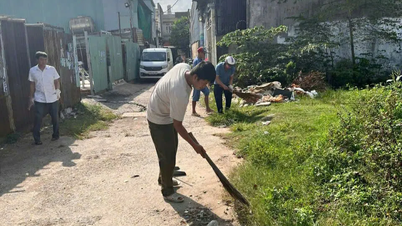





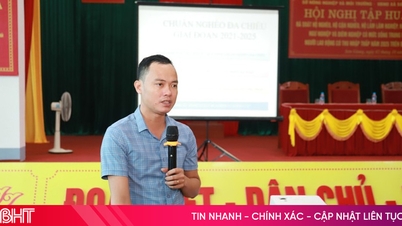

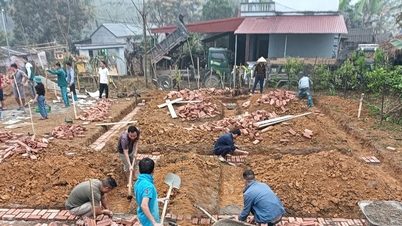

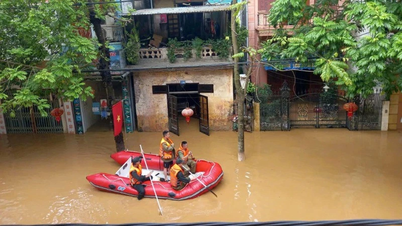



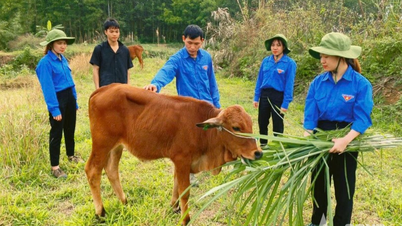





























































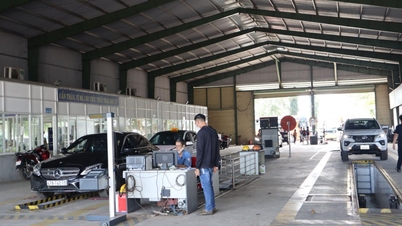


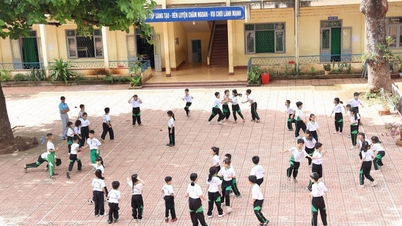
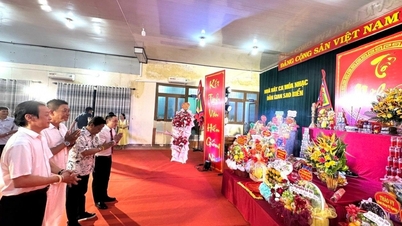












Comment (0)